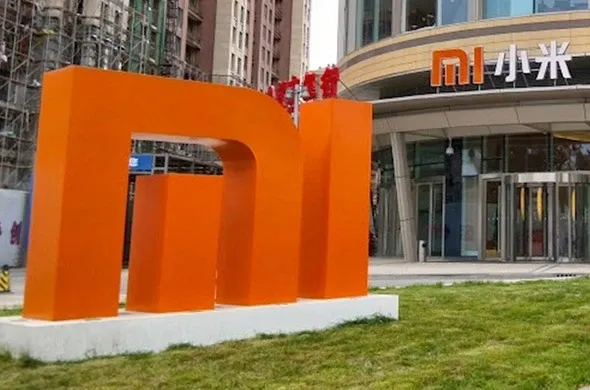ENT Reports Stable Business Performance in 1Q24
Croatia-based Ericsson Nikola Tesla reported Sales revenue of €52 million, as net profit amounted to €6.4 million.

Xiaomi, going for wow-factor ahead of what could be the largest initial public offering since 2014, has revealed a blistering pace of growth, according to Bloomberg.
The Chinese smartphone maker filed for an IPO in Hong Kong, kicking off a process that’s expected to raise at least $10 billion and confer a value of $100 billion on the eight-year-old company. That offered investors a glimpse into the inner workings of the company controlled by billionaire Lei Jun, and its ups-and-downs since almost dropping off the radar in 2016.
Revenue surged 67.5 percent to 114.5 billion yuan ($18 billion) in 2017, after posting anemic growth of just 2.4 percent a year earlier, while operating profit more than tripled. The filing caps a remarkable turnaround for a company that encountered serious growing pains in 2016 after an over-aggressive expansion disrupted its supply chain and allowed rivals to grab market share.
The company now has designs on displacing Apple at the top of the market as it ramps up a global expansion. In an open letter reminiscent of Google’s own pre-IPO manifesto, Lei pledged to transform Xiaomi into more than a hardware company and again promised to cap its hardware profit margins at 5 percent while returning any excess to its users.
“We are building an open global ecosystem, and not a walled garden,“ said Lei, who with co-founder Lin Bin will continue to control the post-IPO company through a special class of shares. “I believe we can create a paradigm shift of efficiency in the business world and use technology to improve the lives of many.“
Xiaomi, reporting detailed financials for the first time, posted a net loss of 43.9 billion yuan in 2017, reversing from a meager profit a year earlier. Some of that however reflected one-time items such as share-based compensation and changes in the value of preferred shares, the company said in its filing. Excluding those, operating profit reached 12.2 billion yuan.
The company is taking advantage of changes by Hong Kong that allowed companies with different share classes to list. The filing didn’t mention how much it’s looking to raise, with the number of shares and price among details redacted from the document. Xiaomi’s decision, four years after Alibaba chose New York, signals a new phase for the city’s ambitions to rival the U.S. market.